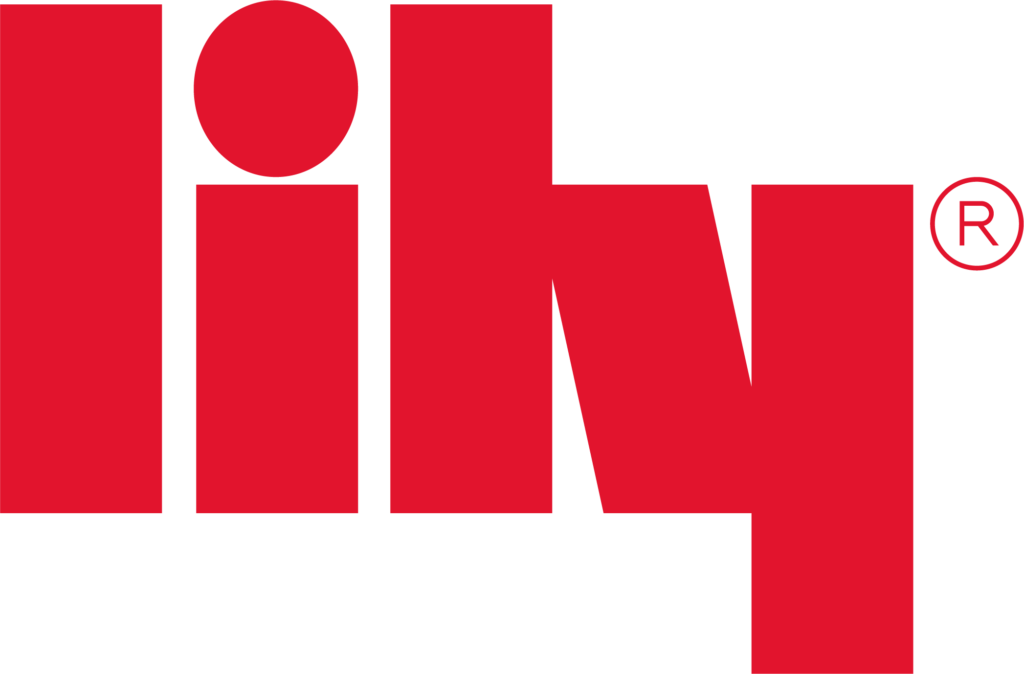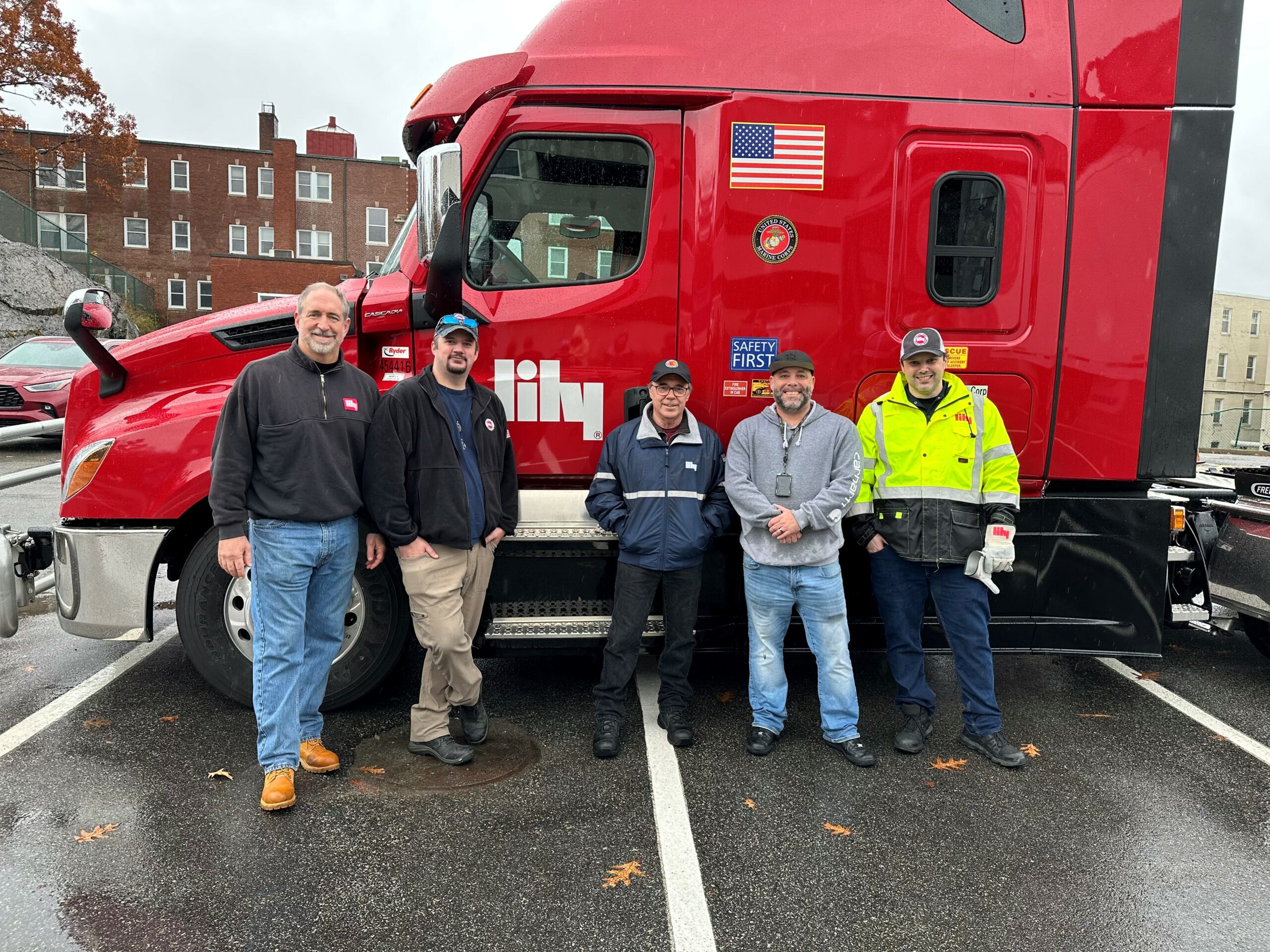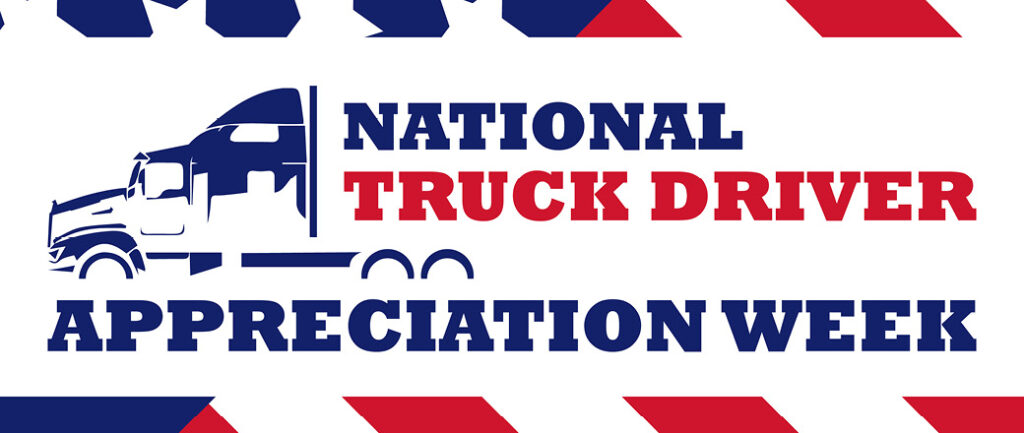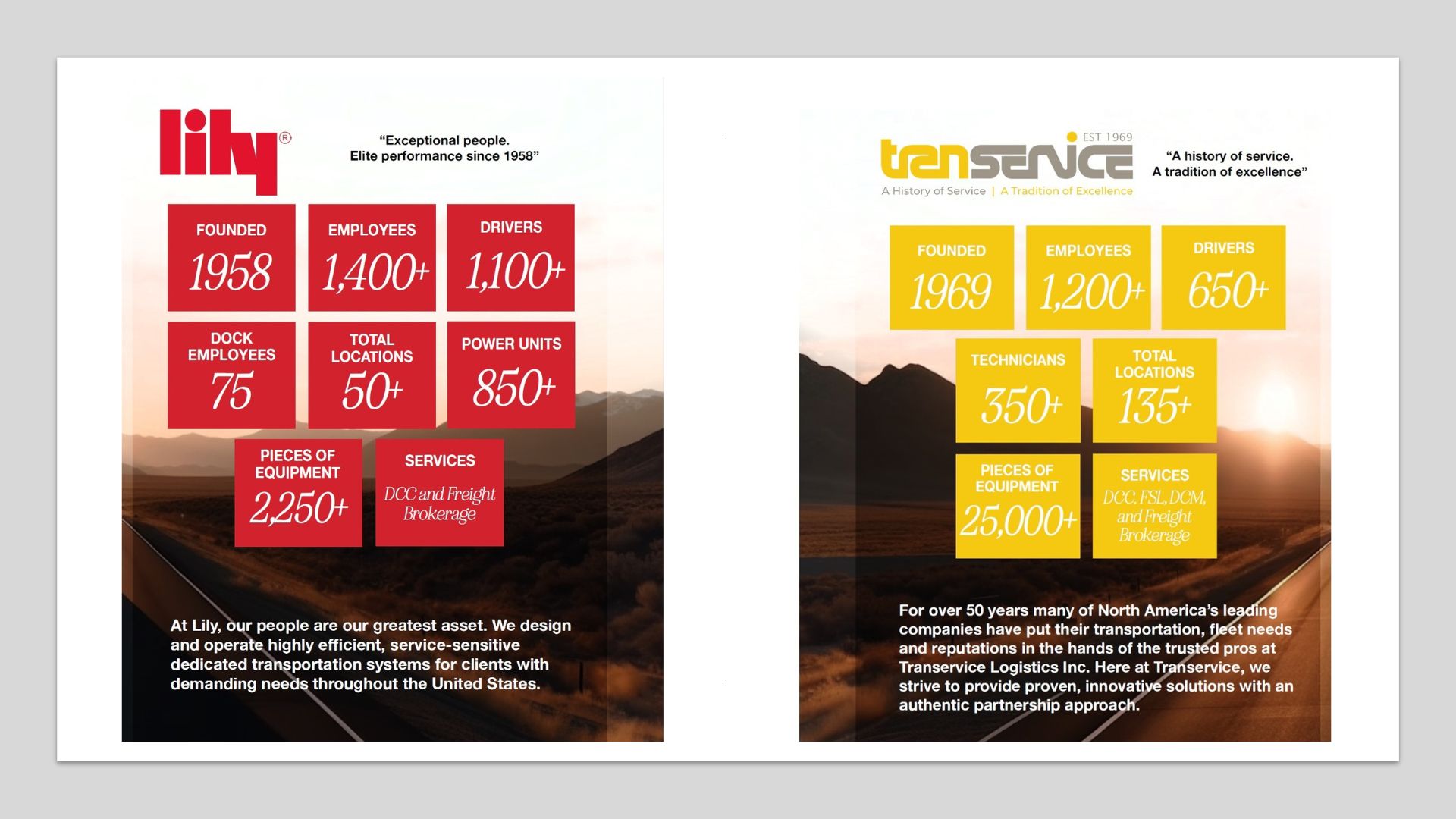Transaction provides Transervice Logistics and Lily Transportation with increased scale and flexibility with the combined strength of more than 2,600 employees (over 1,750 drivers) in over 185 North American locations.
NEW YORK, NY, July 10, 2023 — ZS Fund L.P., a private equity firm and majority owner of Transervice Logistics, Inc., announced today that an affiliate managed by it has acquired Lily Transportation Corp., a Needham, Massachusetts-based dedicated contract carriage company. The transaction substantially increases the scale of services and resources that Transervice and Lily bring to the marketplace with the combined strength of more than 2,600 employees (over 1,750 drivers) in over 185 North American locations.
The increased scale is concentrated in the companies’ dedicated contract carriage and freight brokerage offerings, which are in addition to the contract maintenance and full-service leasing services offered by Transervice.
Gregg Nierenberg, President & Chief Executive Officer of Transervice, will also serve as President & CEO of Lily. Alex Lafaras, EVP & Chief Financial Officer of Transervice, will also assume this role for Lily.
“Our investment in Transervice Logistics 16 years ago has been a very successful one due to the company’s ability to provide outstanding service to its customers,” said Bob Horne, Managing Partner of ZS Fund L.P. “Lily’s experienced and knowledgeable operating executives have exhibited this same customer-centric approach, which is what attracted us to the company, and we look forward to the best practices of each company being shared with the other.”
“ZS Fund’s well-earned reputation in our industry as a private equity group looking for long-term appreciation, while allowing existing management teams to lead their companies, led me to choose ZS as Lily’s financial partner,” said John Simourian II, Lily’s President & CEO. “I have every confidence that Gregg Nierenberg is the right leader to ensure Lily’s continued growth. He has been a distinguished leader at some of the largest companies in our industry, and he respects and embraces our proud heritage and the exceptional customers and associates who have made us the great company we are today. While I will no longer be involved in Lily’s day-to-day operations, as Chairman of Lily and a board member and investor in Lily and Transervice, I will be fully engaged in providing support and guidance to Lily’s new leadership.”
One Owner, Two Separate Companies
Customers can expect business as usual, as Transervice and Lily will be united under one owner and continue to operate as separate companies. Each will retain their independent corporate names and separate field and management teams.
According to Mr. Nierenberg, this dual-brand approach will create more opportunities for customers given the strong cultures already present in both companies known for their customer focus, empowered managers and flexible, agile approach. “These are differentiators we will continue to embrace and promote,” he stressed.
He also expects this transaction to provide more flexibility when matching prospective new customer needs and locations with each company’s strengths. The two companies now have an aggregate of 2,600 employees, including over 1,750 drivers for dedicated contract carriage services, in more than 185 locations and manage approximately 27,000 pieces of equipment. The combined entities’ increased scale will create opportunities for its customers to benefit from shared buying power, knowledge, best practices and technology advancements.
“Transervice and Lily’s cultures and business approaches are remarkably similar,” said Nierenberg. “Both companies have many very long-standing customer relationships. We value these partnerships and will continue to give our customers the white glove touch. Every customer is provided with a senior executive point-of-contact to ensure responsive, efficient management in their day-to-day operations.”
# # #
About ZS Fund L.P.
ZS Fund L.P. is a private equity firm engaged in making long-term investments in successful middle-market companies. Since 1985, it has focused on transactions that provide liquidity to business owners while enabling them to maintain a significant ownership stake and keep their company independent. The firm’s strengths are understanding the objectives of business owners, structuring transactions that respond to those objectives, and being constructive partners to help increase the value of the businesses in which it invests. (zsfundlp.com)
About Transervice Logistics Inc.
Founded in 1969, Transervice has a history of service and a tradition of excellence. It is owned by ZS Fund L.P., as well as current and former executives of Transervice. The company’s service offering includes dedicated contract carriage, contract maintenance, full-service leasing and freight brokerage. Transerviceoperates out of more than 135 facilities across North America and manages over 25,000 pieces of equipment.The workforce is comprised of over 1,200 associates, including over 650 drivers and 350 technicians. The company’s headquarters is in Lake Success, NY. (transervice.com)
About Lily Transportation Corp.
Lily’s transportation roots date back to 1943 when the company assisted the military with truck transport during World War II. It began as a leasing company in 1958, and in 1967 started a trucking division (soon to become Dedicated Contract Carriage) for a regional food distributor. Lily sold its leasing division in 2007 and concentrates solely on dedicated contract carriage. The company manages over 2,250 pieces of equipment in more than 50 locations, staffed by over 1,400 team members, including over 1,100 drivers. The company’s headquarters, The Field Support Center, is in Needham, MA. (lily.com)














